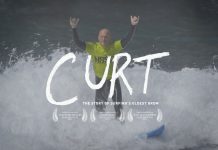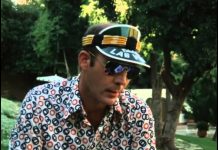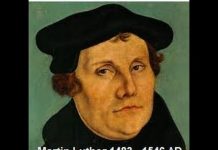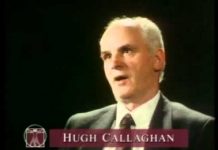Timothy Leary: a name that, for many, instantly conjures images of psychedelic counterculture and the turbulent 1960s. An erudite psychologist turned psychedelic advocate, Leary was, in many ways, the architect of America’s introduction to the otherworldly realms of consciousness unlocked by LSD.
Before Leary graced the headlines as America’s LSD apostle, he was a respected academic, teaching psychology at Harvard University. By the early 1960s, however, Leary’s interest had shifted dramatically from traditional psychology to a then relatively unknown realm of consciousness exploration—psychedelics. LSD, along with psilocybin mushrooms and other hallucinogens, had not yet been classified as illegal substances, thus opening an opportunity for academic exploration.
Leary’s experimentation began within the confines of a more clinical setting. Prison inmates were his initial test subjects, a controversial choice designed to investigate the potential therapeutic effects of psychedelics. The results were intriguing, but the clinical environment of a prison hardly resonated with the transcendental experiences recounted by the inmates. Leary knew that to truly understand these substances, he needed to immerse himself in the psychedelic world.
As such, he embarked on a personal exploration of LSD, an endeavor that would later prompt his transition from academia to counterculture icon. His journeys into the psychedelic realm were shared with close friends, creating an intimate circle of psychonauts who would later become key players in spreading the psychedelic gospel.
One of these individuals was Allen Ginsberg, the renowned Beat poet, whose own experience with psilocybin mushrooms under Leary’s supervision deeply impacted his artistic and personal outlook. Ginsberg’s subsequent evangelizing about the transformative potential of these substances carried the message of psychedelics into the artistic and literary circles, thus laying the groundwork for the psychedelic renaissance of the late 60s.
However, it’s important to remember that Timothy Leary was not just an LSD enthusiast. He was a psychologist, an academic, and, most importantly, a believer in the transformative power of psychedelics. He viewed these substances as tools—psychological instruments capable of reshaping the human mind, breaking down societal norms, and fostering a more enlightened, compassionate society.
This narrative of Leary as a psychedelic champion often becomes obscured by the more sensational elements of his life—his dismissal from Harvard, his numerous arrests, and his status as a countercultural symbol. Nevertheless, Leary’s legacy continues to impact our contemporary understanding of psychedelics. His brave—if sometimes misguided—exploration of these substances, coupled with his staunch advocacy for their potential benefits, have significantly contributed to the growing acceptance and scientific interest in psychedelics that we see today.
In retrospect, Timothy Leary was not just a man who turned on America to the potential of LSD. He was a trailblazer who dared to challenge conventional understandings of consciousness and the human mind. His life, marked by controversy, exploration, and rebellion, serves as a testament to the uncharted territories of the human psyche and the enduring allure of the psychedelic experience.
“Timothy Leary: The Man Who Turned On America” is more than a chronicle of one man’s psychedelic journey—it’s an exploration of a pivotal era in American history and a testament to the indomitable spirit of human curiosity.

































